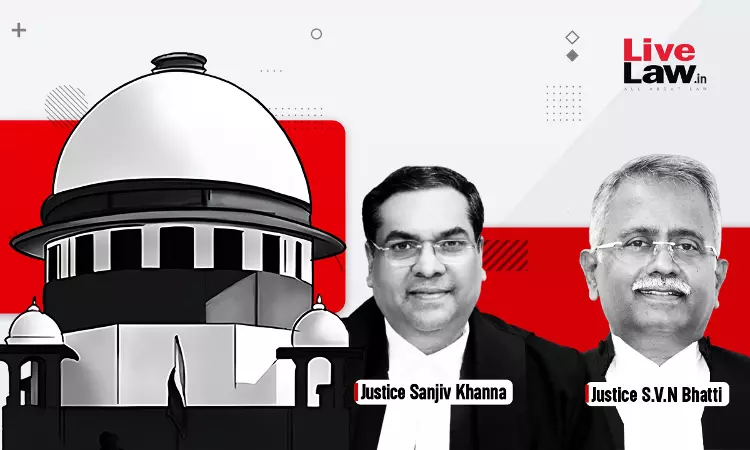If Trial Is Delayed For No Fault Of Accused, Courts Must Consider Grant Of Bail: Supreme Court
Sheryl Sebastian
30 Oct 2023 9:06 PM IST

Next Story
30 Oct 2023 9:06 PM IST
Detention or jail before being pronounced guilty of an offence should not become punishment without trial, said the Supreme Court in the judgment refusing bail to former Delhi Deputy Chief Minister Manish Sisodia in the Delhi liquor policy scam case. The Court in its judgment has emphasised that the right to speedy trial is a fundamental right within the scope of Article 21 of the...
